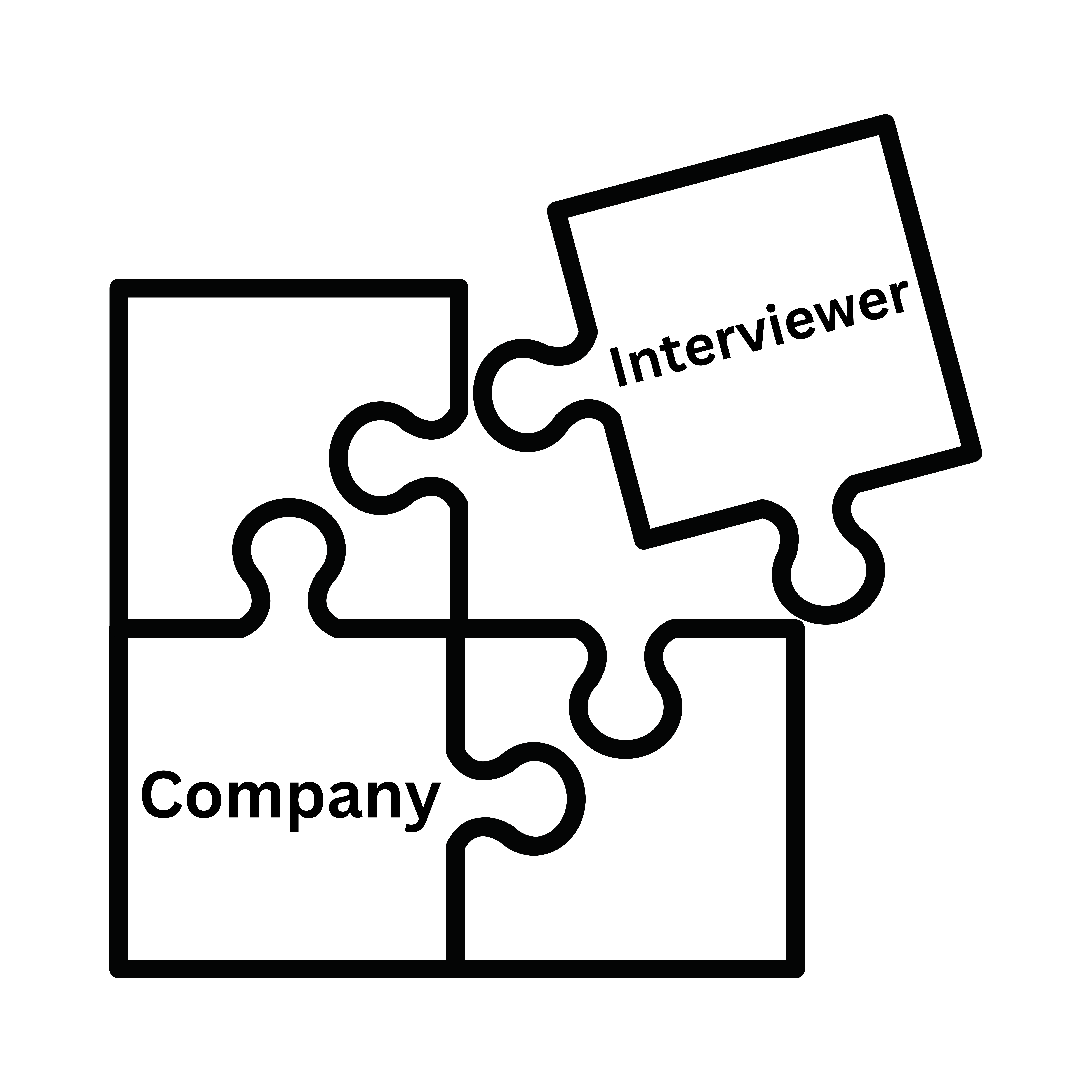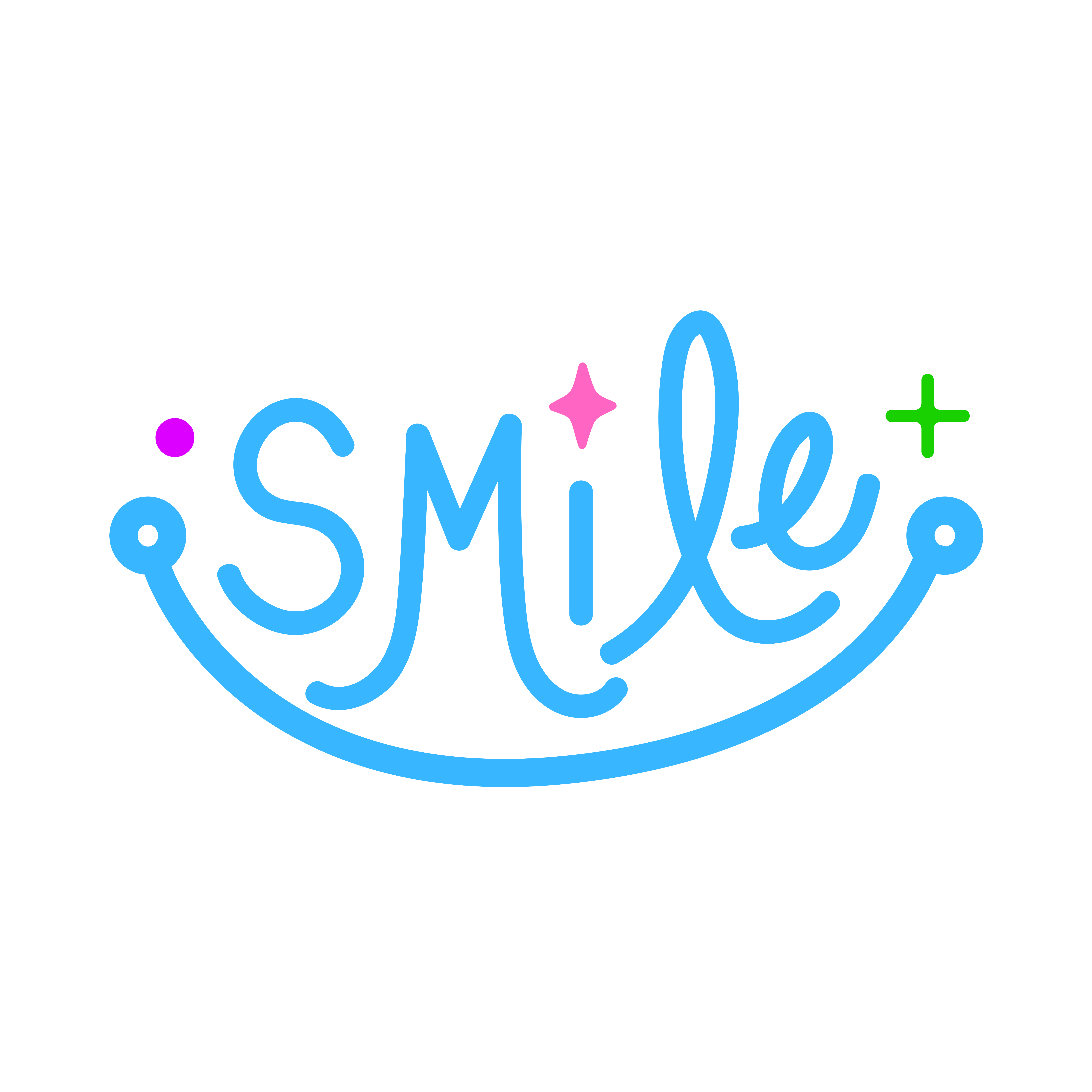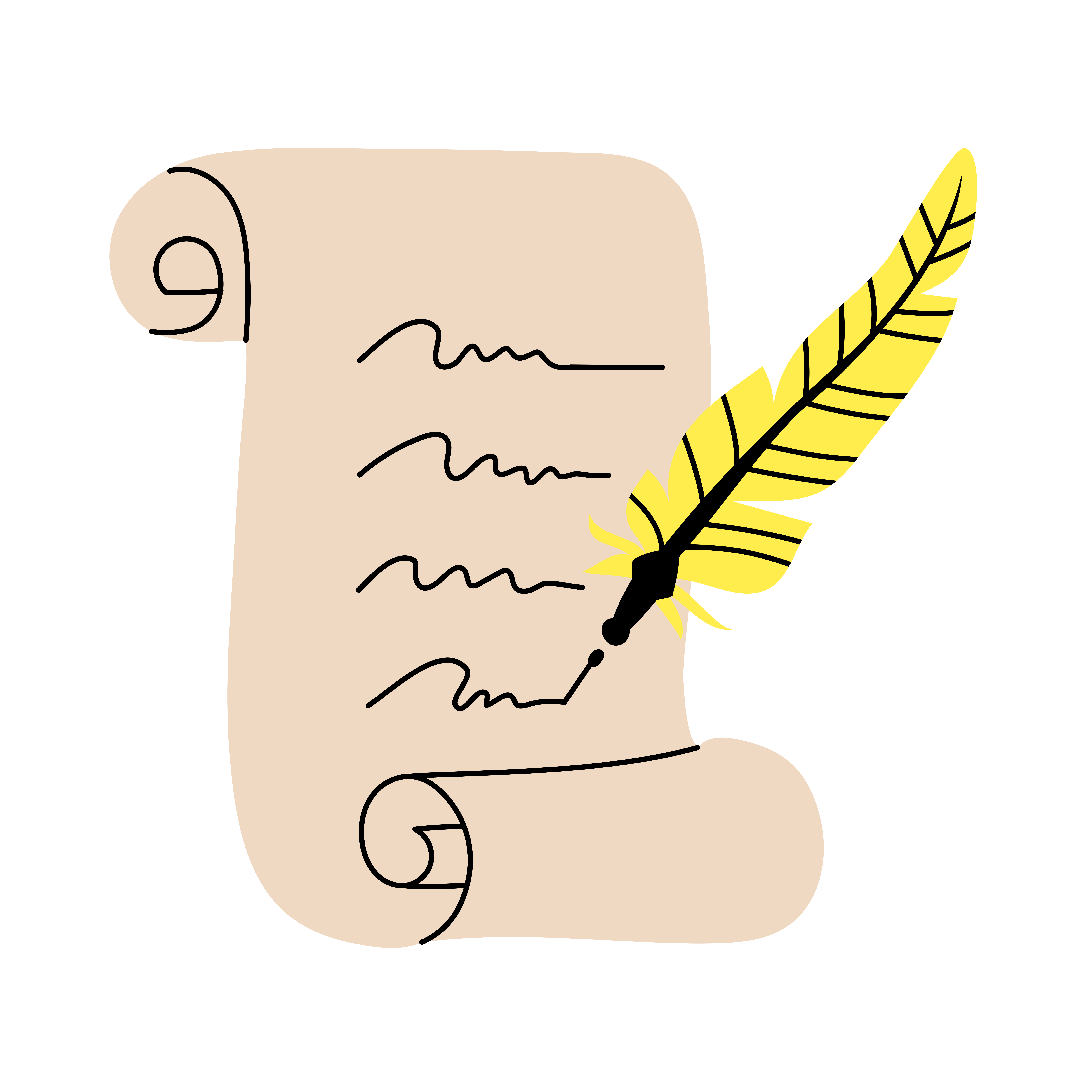Join me...
Tailoring Your Job Application: A Path to Success
Hi,
I’m Alix and it’s my mission to help as many of the next generation as possible work in careers that meet their passion and purpose, making them happy and fulfilled adults. Taking them by the hand to provide the support that I never had, with plenty of hints and tips along the way.
Join me in making sure you’re one of them…

Applications…
When jobs are scarce, sending out generic (general) applications is like casting a wide net and keeping your fingers crossed.
Your CV/resume is the foundation of your job application and, now that you have your basic one in place (if not, see my article ‘Acing your basic CV’), it’s time to tailor both your CV and covering letter to the specific job you’re applying for.

Tailoring each application will demonstrate your genuine interest in the position, allowing you to showcase your particular qualifications, the ones that meet the requirements of the job, thereby increasing your chances of standing out among the pile of CVs a recruiter receives and optimising your resume for any applicant tracking systems that many employers use to filter applications.
It also helps to drill down into the job’s expectations to make sure it’s right for you.
So, as I always say, grab a coffee and snack and let’s get to it.

Applicant tracking system…
An applicant tracking system (ATS) is computer software that large companies use to analyse the enormous number of applications they receive for advertised openings.
It’s unlikely that a small firm will use such software, but if you train yourself to use the keywords the software looks for when applying for jobs from the start, if they do use ATS, you’ll be covered.
How it works…
ATS analyses and screens applications, scanning resumes to weed out what it perceives as inappropriate CVs.
For you, the most important thing to know is that the ATS filters resumes based on keywords. It scans the CV and cover letter for these programmed keywords and forwards the ones meeting the input criteria to the hiring managers for their review.

Simply put, resumes that contain all the keywords will be forwarded to the employer. Resumes that don’t won’t.
A keyword can be a single word or phrase and will include job titles and required skills.
So, if an accountancy firm is searching for, say, a tax manager, they would type the keyword ‘tax manager’ into the ATS search bar. If your CV refers to ‘accountancy manager’, ATS will reject it.
Additional pertinent words can also be added, for example, ‘tax manager’ might be combined with ‘company accounts preparation’. So that, when the tax season has passed (1 February onwards), a tax manager is able to assist with preparing company accounts until the next tax season starts.
This is why it’s crucial for you to tailor each resume with the relevant keywords used in the advert. Use the job title in your covering letter and include any other specified skills in the body of your letter and CV.

This will increase the chances of your application passing through any initial screening process and increase your chances of a potential employer reading your CV and inviting you for an interview.
Thoroughly review the job description…
First, before you start changing your CV, thoroughly read the job description.
Drill down into what’s being looked for.
Using a highlighter, mark the key responsibilities, specific skills and qualification words used.

This helps you identify the actual attributes the employer is seeking, allowing you to be sure that you are applying only for jobs you can do, reducing the possibility of rejection, and that it’s the job you want - the one you’ll be excited to get up and go into every day.
Highlight relevant skills and experiences…
The second step is to print off a copy of your basic CV and identify experiences and skills that directly meet the job requirements. Highlight them as you go.
Focus on the most relevant aspects of your background that make you an ideal candidate for this role.

Customising your resume…
Now rearrange sections of your CV, moving the specific skills and experiences that directly relate to the job advertised and skills sought to the top.
If you’ll be part of a team, they’re looking for someone who will fit in so, where possible, include how you’ve worked with others to achieve outstanding results.

Use keywords from the job description by changing the words you’ve used in your basic CV to those used in the advertisement.
Avoid irrelevant information…
Streamlining your application helps the hiring manager focus on what matters most which, of course, is what they’re looking for.
Remove, or minimise, information that's not directly relevant to the job. If you bake and they’re looking for a welder, the reference to baking can be removed altogether or minimised to a line under hobbies.
Research the company…
Show that you've done your homework by researching the company's history, values, and recent developments.

Identify how the job will fit into the company’s structure and check out their mission statement.
Make sure their values meet yours - if their values differ from yours think carefully about applying for the role.
But, if they’re the same, incorporate this into your application, where possible. Using an example can help employers envision you as a valuable addition to their team.
Address the company's needs…
In both your resume and cover letter, focus on how your qualifications directly address the role’s needs and challenges.

Remember that the advertised job will be part of a structure and, no matter how small a cog it may be, or seem, it’s the small cogs that keep the big wheels turning.
Note: I know, I’m a small cog in the firm I work for and remember an ex-boss saying dismissively to me ‘the work I do generates income for the firm’. Interestingly, he left to set up his own firm and rang me three months in and said (and this is a direct quote) ‘I now know and appreciate what you do’.

Highlight how your skills can contribute to solving their problems no matter how big or small these seem.
Quantify achievements…
Where possible, use quantifiable (measurable) data to showcase your achievements.
The bottom line for all businesses is profit. So, any experience you have that changed practices and saved money is a plus. Provide concrete evidence of your impact and effectiveness.
Obviously, this will only be if you’ve already held jobs and are climbing the employment ladder - don’t worry about it if you’re just starting out. In this case you could, if you feel it fits and isn’t not true, ‘I’m interested in learning over time how to save your company money by analysing your practices to see where they can be streamlined’. You know, I don’t know if there are any out there, but doing a course in such a thing could well be a winner! I’ve done a quick search and there do seem to be some around.

Training positions…
If you’re applying for a training position, you could add that you’re looking forward to finishing the course, then spending years turning that training into experience with them, and progressing upwards.
Note: when I worked for an American bank in London they would hire trainees, train them up but the employee would then leave and take all that training the firm invested in them elsewhere. The issue was that the bank’s training was so good it was sought after by similar banks. In the end, the bank had to change their employment contracts to commit hires to stay for at least five years after finishing the course to profit from the money they’d invested.

So let the company know you will be repaying their investment while you gain practical experience. And, once the training is completed, don’t forget to add it to your basic CV.
Show enthusiasm…
Your tailored application should convey your genuine excitement about the role and the company.
Maintain honesty…
While customisation is important, avoid exaggerating or fabricating information to match the job description.
Authenticity is key to building a strong foundation for your professional relationship with the employer.
And avoid the over-use of the word ‘I’, even where you’re describing how you’ve made the difference.

Next…
Even with a carefully tailored CV and covering letter, errors can undermine your application.
Proofread everything meticulously to ensure your application is polished and professional. This is time well-used.

Perhaps ask someone close to you to read it through with fresh eyes. They may be able to point out additions or errors we simply miss when reading our own work.
Personalise your email or application message…
If you're applying via email or an online application form, personalise your introductory message.
Address it to the person indicated and sign it off ‘Yours sincerely’. If there is no name use ‘Dear Sirs’ and sign it off ‘Yours faithfully,’.
Mention the specific role you're applying for and briefly state your enthusiasm for the opportunity to further your career.

Follow application instructions…
Re-read the specific application instructions to ensure you follow the instructions provided by the employer.
This demonstrates your attention to detail and your ability to follow directions – or shows you can’t(!).

Craft a customised cover letter…
A tailored cover letter is, again, an opportunity for you to address the specific needs of the company and the role.
See my article about acing a basic compelling CV cover letter, then tailor it to explain how your skills and experiences make you a strong fit.
Write in key responsibilities from the job description, changing your wording to match the words from the advert and provide examples of how you've excelled in similar tasks.

If you’re new to job hunting, this doesn’t mean you must have mirrored exactly what’s being asked for. It’s thinking back on when, perhaps, you joined a group of pupils in a school competition and worked as a team to represent your school. It’s not about whether you won, it’s the fact that you were chosen to participate and shows you can work as a member of a team.
If writing the cover letter by hand to send, make sure your writing is easy to read and written on nice paper, not a scrap of paper.

Save custom versions…
If you're applying to multiple roles and jobs, save versions of your resume and cover letter for each application. Resave them as (perhaps) the job title you’re applying for so you can use again with a little bit of tweaking.
This way, you can also refer back to the specific materials you sent to each company and as you get more experienced build on it.
In conclusion, tailoring your job application is an essential step in the job search process.
It showcases your dedication, highlights your qualifications, and makes a lasting impression on potential employers.
By carefully customising your resume, cover letter, and any other application bits and pieces to align with the job description and company's needs, you'll significantly increase your chances of securing the interview and moving closer to the job of your dreams.
I’d love to hear how you’re getting on and, where possible, if we can help more.
Lastly, I wanted to both wish you luck and say that I know you can do it.
Success is within your grasp - good luck!
